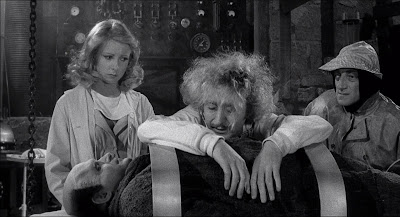
Maybe it started with Winnie-the-Pooh, and that map of the wood drawn by Christopher Robin. Or with the map above, from my own loved and battered copy of the Milly-Molly-Mandy Stories by Joyce Lankester Brisley. I'm not sure which book I read first, as a child, but together they made me a fan of the map in the front of the book, and inspired me to make my own maps of the places I write about.
Being an engineer's daughter, I'm hard-wired to love the whole concept of maps — their precision, their detail, their orderly lines. And I like to imagine my characters moving within them; to know where the streets and the trees and the fields are, and where the sun rises.
 I don't need to hand-draw my map, if the setting I'm using is real — I just print off a map that's already been made and then mark it to show where the characters live and where certain scenes happen. But if I've adapted the setting, as I did with Avebury in Mariana, or with Gardone Riviera in Season of Storms, I happily get out my pencil and paper and set to work.
I don't need to hand-draw my map, if the setting I'm using is real — I just print off a map that's already been made and then mark it to show where the characters live and where certain scenes happen. But if I've adapted the setting, as I did with Avebury in Mariana, or with Gardone Riviera in Season of Storms, I happily get out my pencil and paper and set to work.Usually no one but me ever sees these. They're filed in the ring binder where I keep all my stray notes for that novel, along with my research. They can either be a close view, like this one I did of Exbury (above) for Mariana, or a wider landscape like the one I drew for my upcoming book The Rose Garden (below), which takes place in a reworked
I'm not sure what it is with me and maps. I don't do outlines for my novels, and I've long since given up the notion that I'm in control of what my characters are doing, so perhaps in the absence of any real structure I find all those orderly lines reassuring.
Or maybe it's all down to Winnie-the-Pooh and the map in the front of the book — an associative reflex, or something.
My son and I just started reading The Hobbit together, and one of the first things he wanted to do was to study the map at the front, showing where Bilbo travels, so maybe it isn't just me...
What do you think of maps? Do you love them, or hate them (or make them?)
Be sure to come back here this Thursday, to read Julie's post.








